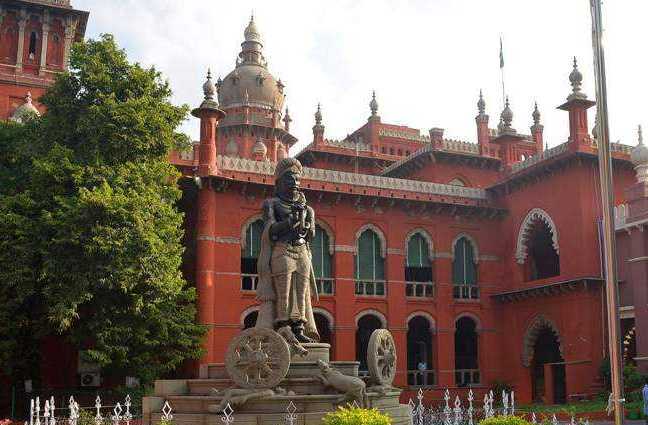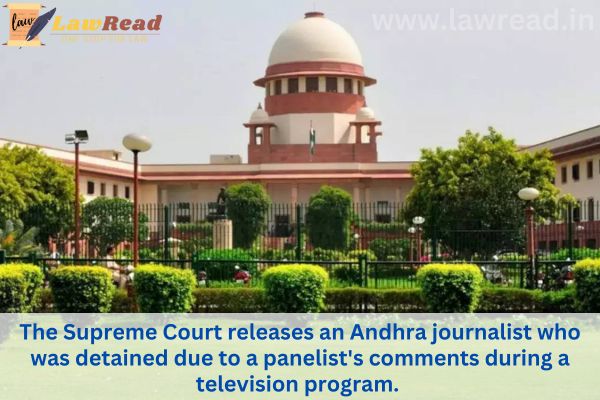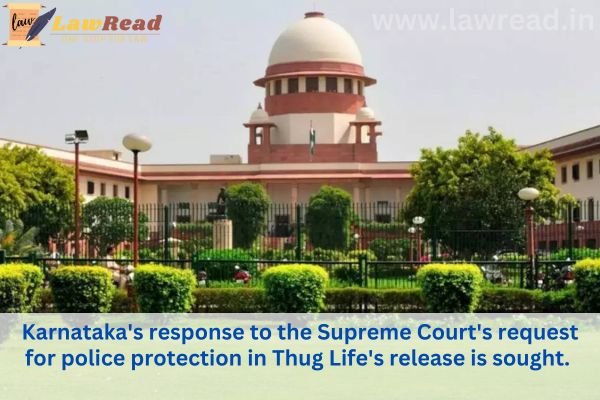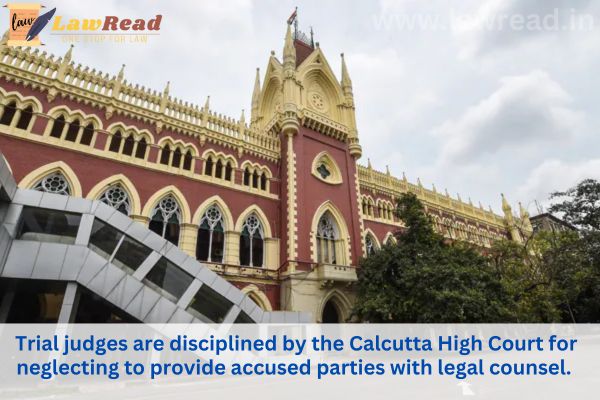News
Justice Surya Kant: Transparency is being used as a tool to undermine public confidence in the judiciary.
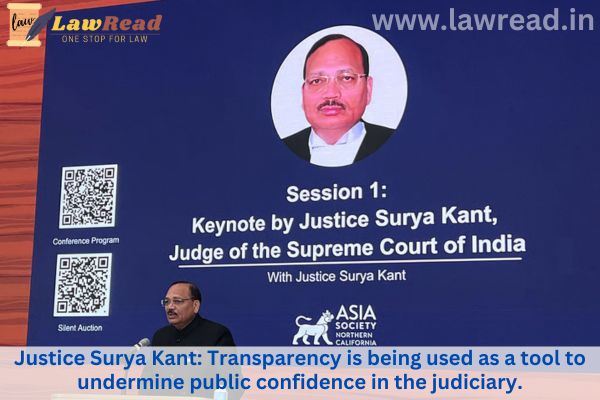
The judge elaborated on how hyper-connectivity has formed a new digital constituency that is vocal, impatient, and often lacks information.
Recently, Justice Surya Kant of the Supreme Court remarked that judicial independence is encountering a subtle yet grave threat posed by viral misinformation, commentary driven by sentiment, and media trials.
Justice Kant, a prospective Chief Justice of India, cautioned that transparency without adequate judicial literacy is being exploited in ways that damage public trust and weaken the judiciary's institutional legitimacy.
“Transparency can be used as a weapon, resulting in misinterpretation instead of insight. The court of public opinion often evaluates judicial decisions before these decisions are fully understood in the court of law. This phenomenon leads not to civic empowerment but instead to confusion, cynicism, and a gradual decline in trust.
Addressing an audience in San Francisco that included members of the Indian diaspora, technologists, and policy observers, the judge recognized how digital democracy has transformed the accessibility of the judiciary.
The judge elaborated on the emergence of a new digital constituency—vocal, impatient, and often uninformed—whose interaction with law is influenced more by emotion than comprehension. This was part of a speech entitled 'Judicial Evolution in a Time of Transformation: Safeguarding Constitutionalism in the Digital Age'.
The judge remarked that the judiciary’s legitimacy is derived from moral authority and public trust, not coercive power, emphasizing the need to cultivate this trust through transparency and judicial literacy. To close the divide between public perception and legal reasoning, he suggested simplified judgment summaries, collaboration with educational institutions, and digital dialogue forums.
Simultaneously, he recognized that this openness could have both positive and negative consequences.
He noted that “legal awareness without legal understanding can lead to a distortion of judicial messaging.” He cautioned against selectively edited courtroom clips and sensationalist commentary that drown out constitutional reasoning.
Regarding technological reform, the judge praised India’s quick advancements - including e-Courts and hybrid hearings - but emphasized that Artificial Intelligence should be a tool rather than a substitute for judicial discretion.
He identified inclusivity as a fundamental value in the digital transition that cannot be compromised. He stated that “Digital justice cannot become a privilege of the digitally literate,” and emphasized the need for fair digital infrastructure, access to devices, and legal platforms in local languages, particularly for women, rural litigants, and vulnerable citizens.
As for institutional reform, the judge stated that judicial independence and insulation are not the same thing.
He stated, “Reform is not a sign of weakness, but maturity,” and called for reflection on issues of pendency, infrastructure, and consistency in precedent.
"Judicial independence is not a privilege reserved for judges; rather, it serves as a protection for citizens."
The judge additionally underscored the idea of constitutional morality as a guiding principle. He stated that Indian courts have transcended the role of merely resolving disputes and are actively shaping the nation’s moral and democratic framework, as evidenced by landmark decisions concerning privacy, gender rights, and open prisons.
He noted, though, that this influence should be exercised with restraint.
He cautioned, “Judicial overreach, regardless of good intentions, poses a risk to the delicate balance of powers.”
He finished with a plea to reconceive courts not merely as arenas of law, but as institutions of hope:
“Courts may issue rulings, but justice is achieved only when those rulings have a significant impact on the lives of real individuals.”

